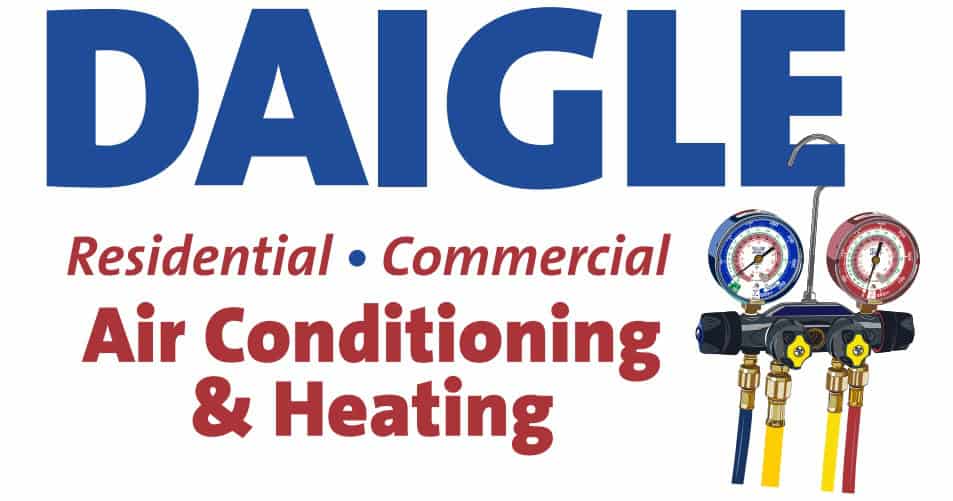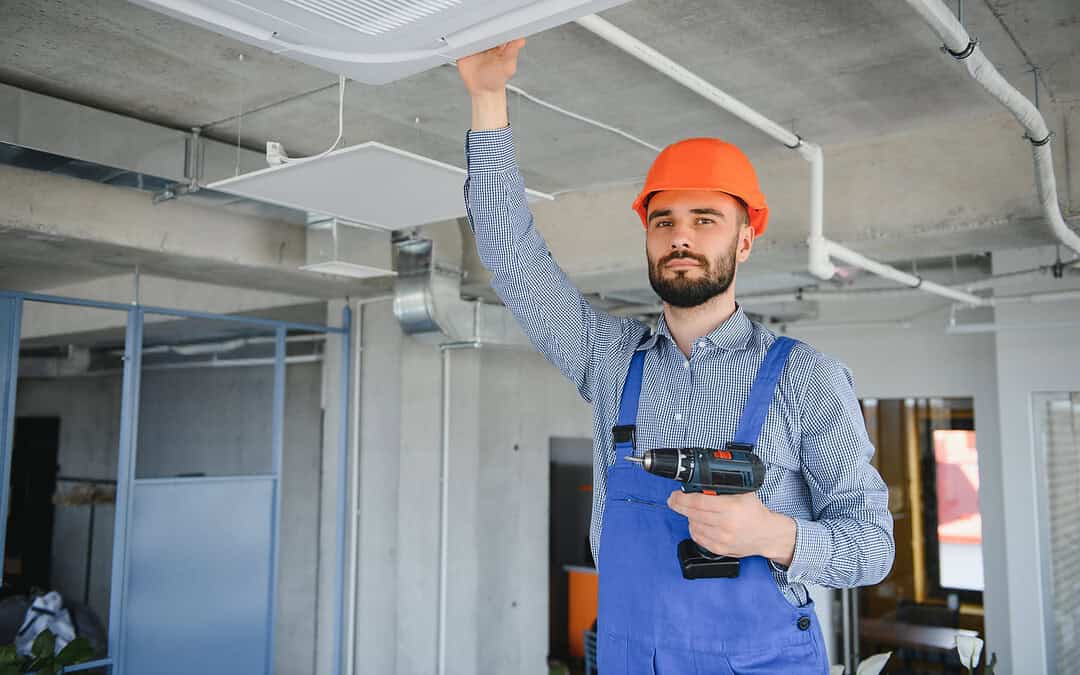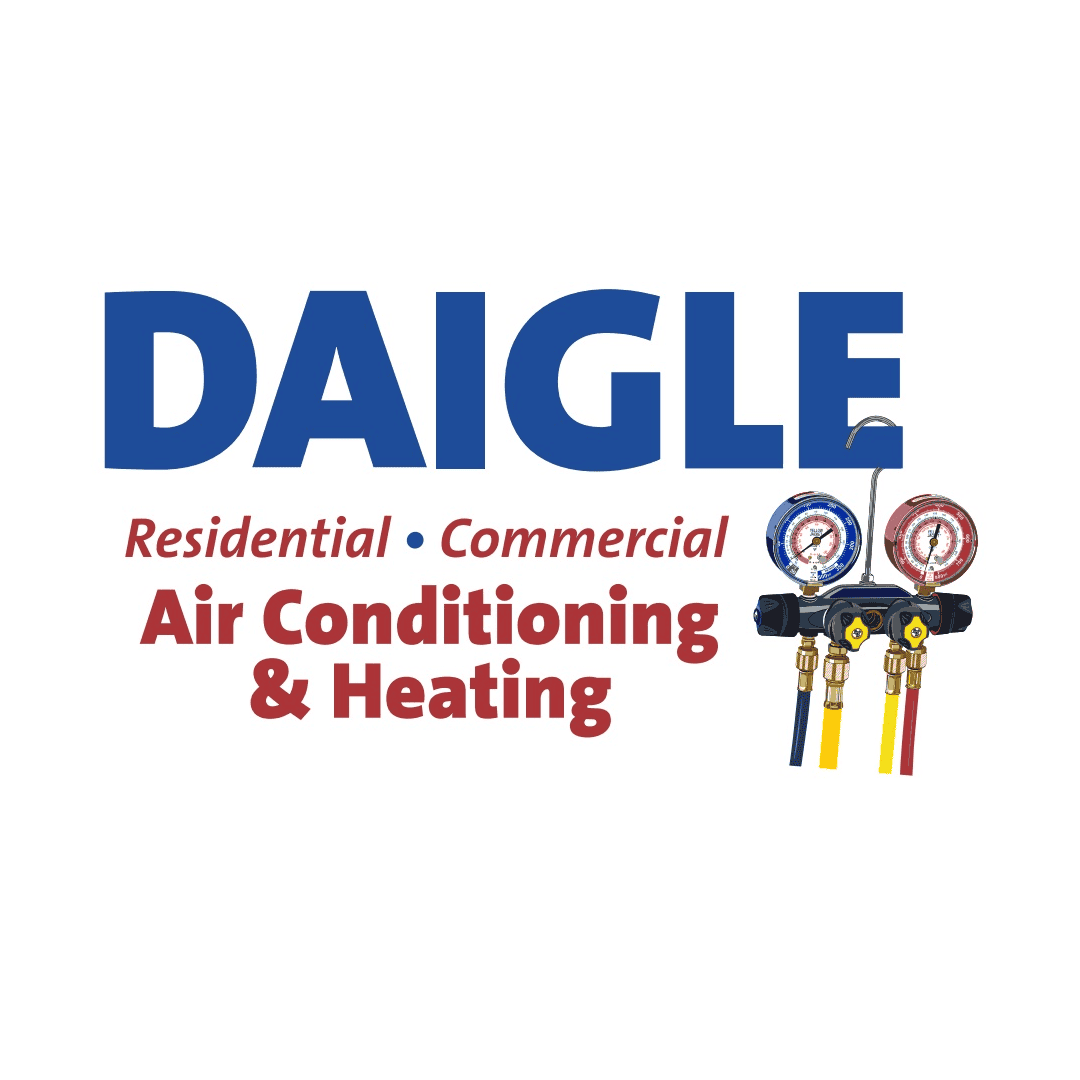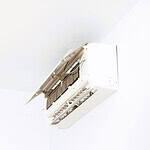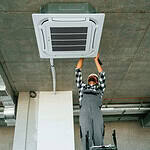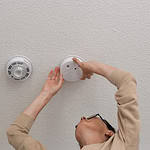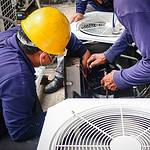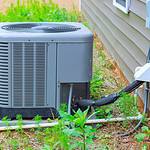Understanding the differences between commercial and residential AC repairs can help homeowners and business owners make informed decisions about their HVAC systems. Commercial AC repairs differ significantly from residential AC repairs due to factors such as system complexity, equipment size, maintenance requirements, and regulatory considerations. This article will discuss these differences in detail, offering insights and practical advice for anyone responsible for maintaining an AC system.
Understanding AC Systems
Both commercial and residential AC systems serve the same primary purpose: cooling indoor spaces. However, the way they achieve this differs vastly. Commercial AC systems are designed to cool larger spaces and often incorporate multiple units to ensure even cooling throughout a building. Residential AC systems, on the other hand, are usually single units or split systems designed to cool individual homes. Understanding these basic differences is crucial for comprehending the nuances in repair needs.
- Commercial systems often include complex configurations with multiple zones, which can cool different parts of a building to different temperatures.
- Residential systems are typically simpler, focusing on cooling smaller, more contained spaces, such as a single-family home.
- Maintenance needs vary significantly between the two types of systems, with commercial systems requiring more frequent checks to maintain optimal performance.
AC System Complexity
Commercial AC systems are generally more complex than their residential counterparts. They often include intricate ductwork, advanced thermostats, and sophisticated control systems to manage cooling across large spaces. This complexity can lead to more frequent and specialized repair needs, requiring technicians with advanced skills and knowledge. For instance, a commercial AC system might use a Variable Refrigerant Flow (VRF) system, which requires specialized training to repair.
- Commercial repairs often involve intricate system diagnostics due to the complexity of the system components and their interdependencies.
- Residential repairs are usually straightforward and less time-consuming, often involving simpler diagnostics and repair processes.
- Technician expertise varies greatly between the two types of repairs, with commercial systems often requiring technicians with more advanced training and certification.
Equipment Size and Capacity
The size and capacity of commercial AC units far exceed those of residential units. Commercial units must cool large spaces like office buildings or warehouses, whereas residential units are designed for smaller homes. This difference in capacity impacts both the repair strategies and the cost of repairs. For example, a commercial unit might have a cooling capacity of 25 tons, while a residential unit might only have a capacity of 5 tons.
- Commercial units require more powerful and durable components to handle the larger cooling loads and more extensive usage.
- Residential units are smaller and less complex in design, making repairs generally quicker and less costly.
- Repair costs are typically higher for commercial systems due to their size and complexity, often requiring more specialized parts and labor.
Maintenance Requirements
Maintenance needs differ between commercial and residential AC systems. Commercial units demand more frequent and intensive maintenance to ensure they operate efficiently and avoid breakdowns. This can include regular inspections, cleaning of components, and checking system performance metrics. Residential units, while still requiring maintenance, do not need it as often or as intensively.
- Commercial systems often need quarterly or even monthly maintenance checks to ensure all components are working correctly.
- Residential systems typically require bi-annual or annual maintenance, which might include filter changes, system checks, and cleaning.
- Preventative maintenance can significantly reduce repair costs and extend the lifespan of both types of AC systems.
Regulatory Considerations
Commercial AC systems are subject to stricter regulatory standards compared to residential systems. These regulations can affect everything from installation to maintenance and repairs. For example, commercial systems must often comply with specific energy efficiency standards and environmental regulations regarding refrigerants.
- Commercial regulations may require regular energy audits and adherence to specific efficiency standards.
- Residential regulations are generally less stringent but still require compliance with basic safety and efficiency standards.
- Technicians working on commercial systems must be familiar with these regulations to ensure compliance during repairs and maintenance.
Technician Expertise
The expertise required for repairing commercial AC systems is generally higher than that for residential systems. Commercial systems are more complex and often involve larger, more sophisticated equipment. Technicians working on these systems must have specialized training and certifications, such as North American Technician Excellence (NATE) certification.
- Commercial technicians often need advanced certifications and ongoing training to keep up with industry standards and technological advancements.
- Residential technicians typically require less extensive training but still need to be knowledgeable about the systems they service.
- Specialized knowledge in areas such as refrigeration cycles, electrical systems, and advanced diagnostics is crucial for commercial repairs.
Common Repair Issues
While both commercial and residential AC systems can experience issues, the types of problems they encounter often differ. Commercial systems might face issues related to their more complex components, such as VRF systems, rooftop units, and large ductwork networks. Residential systems, on the other hand, might encounter more straightforward issues like refrigerant leaks or thermostat malfunctions.
- Commercial systems often experience issues with advanced control systems, zoning problems, and large-scale refrigerant leaks.
- Residential systems typically face problems like clogged filters, refrigerant leaks, and thermostat issues.
- Repair strategies must be tailored to the specific issues common to each type of system to be effective.
Repair Costs and Time
Repair costs and the time required to complete repairs can vary significantly between commercial and residential AC systems. Commercial repairs are generally more expensive and time-consuming due to the complexity and size of the systems. This can include costs for specialized parts, additional labor, and potential downtime for businesses.
- Commercial repairs often require specialized parts that can be more expensive and harder to source.
- Residential repairs are typically less costly and quicker to complete, often requiring readily available parts.
- Downtime for commercial systems can be more critical, potentially impacting business operations and leading to higher indirect costs.
Service Contracts and Warranties
Service contracts and warranties are more common and often more comprehensive for commercial AC systems. These contracts can cover regular maintenance, emergency repairs, and even system replacements, providing peace of mind for business owners. Residential systems might also have service contracts, but they are usually less extensive.
- Commercial service contracts often include regular maintenance, priority service, and discounts on repairs.
- Residential service contracts might cover basic maintenance and repairs but are generally less comprehensive.
- Warranties for commercial systems tend to be more robust due to the higher cost and complexity of the equipment.
Key Takeaways on How Commercial AC Repairs Differ from Residential AC Repairs
Understanding the differences between commercial and residential AC repairs is crucial for maintaining these systems efficiently. Commercial AC systems are generally larger, more complex, and subject to stricter regulations than residential systems. These differences impact everything from maintenance needs to repair costs and technician expertise.
- Commercial AC systems require more frequent and intensive maintenance.
- Residential AC systems are simpler and less costly to repair.
- Technicians working on commercial systems need specialized training and certifications.
Frequently Asked Questions
- What is the main difference between commercial and residential AC systems? Commercial AC systems are designed for larger spaces and are more complex, while residential systems are simpler and intended for smaller areas.
- Why are commercial AC repairs more expensive? The size, complexity, and regulatory requirements of commercial AC systems contribute to higher repair costs.
- How often should commercial AC systems be maintained? Commercial AC systems should be maintained quarterly or even monthly to ensure optimal performance.
- Do residential AC systems require specialized technicians? While residential systems do not require as specialized technicians as commercial systems, it is still important to hire qualified professionals.
- What are common issues with residential AC systems? Common issues include refrigerant leaks, clogged filters, and thermostat malfunctions.
By understanding these key differences and maintaining both types of systems properly, one can ensure efficient and effective cooling for any space. This comprehensive approach helps in reducing costs, improving performance, and extending the lifespan of AC units.
- About the Author
- Latest Posts
Founded in 2006, Daigle A/C & Heating has grown from a small startup to a multi-state operation through dedication to detail and quality workmanship. Specializing in air conditioning and heating solutions, the company not only serves residential and commercial clients but also holds contracts with various U.S. Government outlets.
